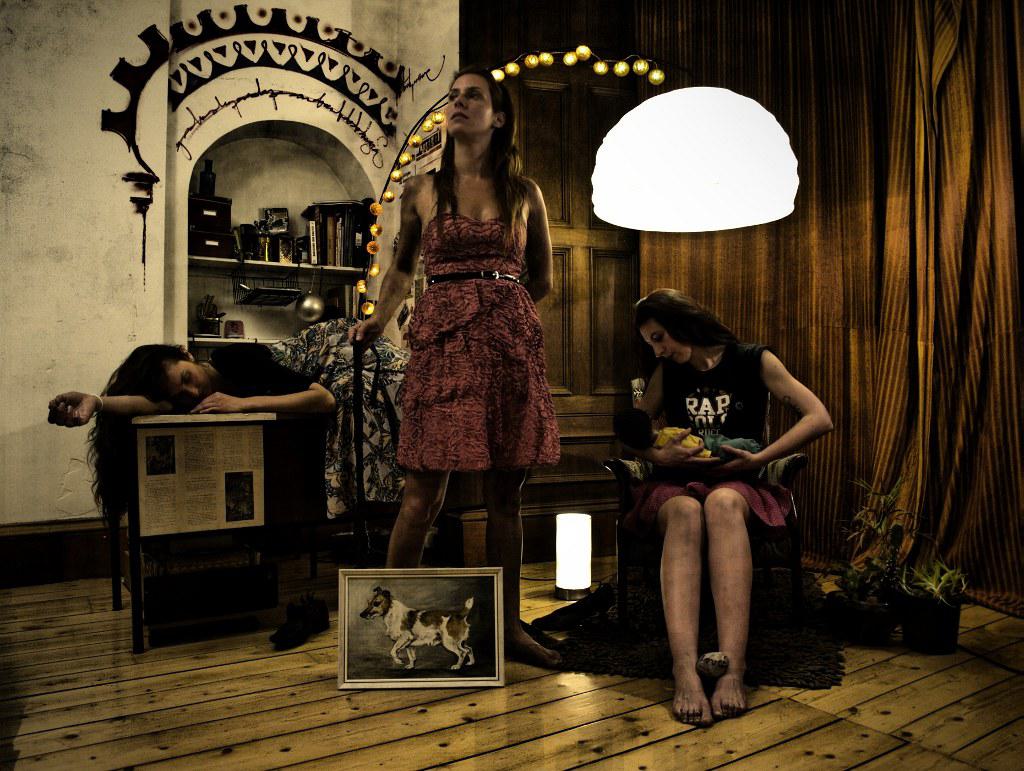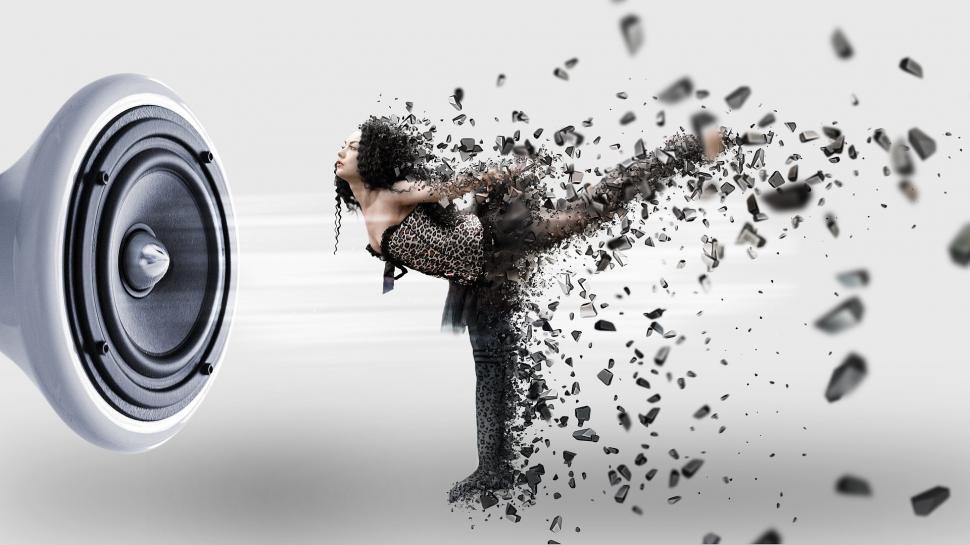Diving into the wild and unknown soundscape of experimental music production can be a thrilling and mysterious experience. Rather than producing traditional hip-hop, rap, EDM and pop tracks, you can become a sonic explorer with creative techniques to produce music that has an experimental and avant-garde atmosphere. In this article we’ll share tips on how to get started to produce a track with a focus on experimental or avant-garde elements. Let’s explore the realms of unconventional sound!
1. Understanding Experimental and Avant-Garde Elements
Experimental and Avant-Garde elements refer to unique and innovative approaches in the creation of art – from literature, music, and visual arts, to film and performance. For writers, this could mean a complete move away from a conventional form of narrative, or for a painter, employing a collage of styles and techniques.
Though the terms are often used interchangeably, there are differences between Experimental and Avant-Garde. Experimental expression embraces various approaches to art, while Avant-Garde is more focused on pushing boundaries and exploring new cutting-edge techniques. Each can be seen as a form of creative revolution, breaking down existing concepts and forging ahead with new frontiers.
- Experimental Elements: Emulates creative freedom, with no set rules, or plan, offering a non-traditional style.
- Avant-Garde Elements: Intentionally pushes boundaries and explores techniques that stand apart from accepted norms.

2. Utilizing Unconventional Recording Techniques
When considering traditional recording techniques, it is hard to look beyond the classic microphone and mixing board setup. It is true that this is a dependable and effective choice for most recordings, but sometimes other methods can yield interesting and unique sonic results.
Though somewhat experimental, there are a few unconventional techniques that are worth exploring. One is field recording, which includes capturing sound outdoors, at concerts, or in any other environment. This approach can inject an element of realism that could otherwise be difficult to replicate. Similarly, there is contact mic recording, which utilizes contact mics, or transducers, to capture nuances in acoustic sound that other microphones might not pick up. Lastly, there is binaural recording, a method that utilizes two microphones shaped like human ears. This method replicates a human-like audio experience, preserving spatial detail in the mix.
- Field recording
- Contact mic recording
- Binaural recording

3. Exploring Creative Ways of Manipulating Sound
Creating a unique sonic identity often requires sound manipulation. There are numerous creative and unorthodox ways to tweak existing audio. With a little ingenuity, experimenting with linear and granular synthesis, pitch manipulation and creative effects, unexpected and magical sounds can be achieved.
- Linear Synthesis is the process of modifying a sound by connecting a series of modules such as oscillators, envelope generators, and filters to create a new sound.
- Granular Synthesis involves taking tiny pieces of sound and manipulating the timing, repetition, and pitch of those samples to create a unique sonic identity.
- Pitch Manipulation can be done using a vocoder, granular processor or audio editor. It is a process of shifting the frequency spectrum of a sound source to create a sense of pitch movement.
The creative possibilities are seemingly endless. Through the use of sound-shaping tools, sound designers are able to transform recordings into something completely new. From broken beats to ambiances, sound manipulation allows the user to explore the realm of sonic potentials.
4. Crafting an Avant-Garde Track with Meaning and Depth
Creating a track with an avant-garde sound can be a challenging, yet rewarding experience. The following list will provide a handy guide to crafting an avant-garde track with both meaning and depth:
- Start with the topic. Choosing a topic for your track is probably the most important step in the creation process, as it will inform the overall feel and emotion of the track. Consider topics such as morality, social issues, love, loss, growth, and change.
- Experiment with your sounds. Use unusual soundscapes with unconventional instruments and found sounds as a way to capture the avant-garde sound you’re striving for.
- Create your own narrative. Place yourself in the shoes of the listener and think of ways that to guide them through the track and let the story unfold. This can be done through the arrangement of your music, the use of samples, and the modulation of sound.
- Explore different emotions and range of dynamics. Try to create a track that has a range of dynamics within it. Explore different techniques for creating crescendos, fluctuations, and climaxes to make your track stand out from the rest.
- Structure differently. Play with the structure of the track by using odd time signatures or unexpected harmonic choices.
- Bring your creativity together. In the mixing and mastering stages, be sure to blend all of the elements you have experiment with for a comprehensive sonic experience.
Using these tips, you’ll be able to craft a track that is both meaningful and emotionally rewarding. Whether it’s an experimental jazz-funk or a glitchy neo-psychedelic track, the challenge of creating an avant-garde track can be both fun and rewarding.
Key Takeaways
Producing a track that leans towards experimental or avant-garde elements doesn’t have to be daunting. With a bit of research and some experimentation, you can create something truly remarkable. So, don’t be scared to push the boundaries and explore what works best for you—you never know what you’ll come up with!

